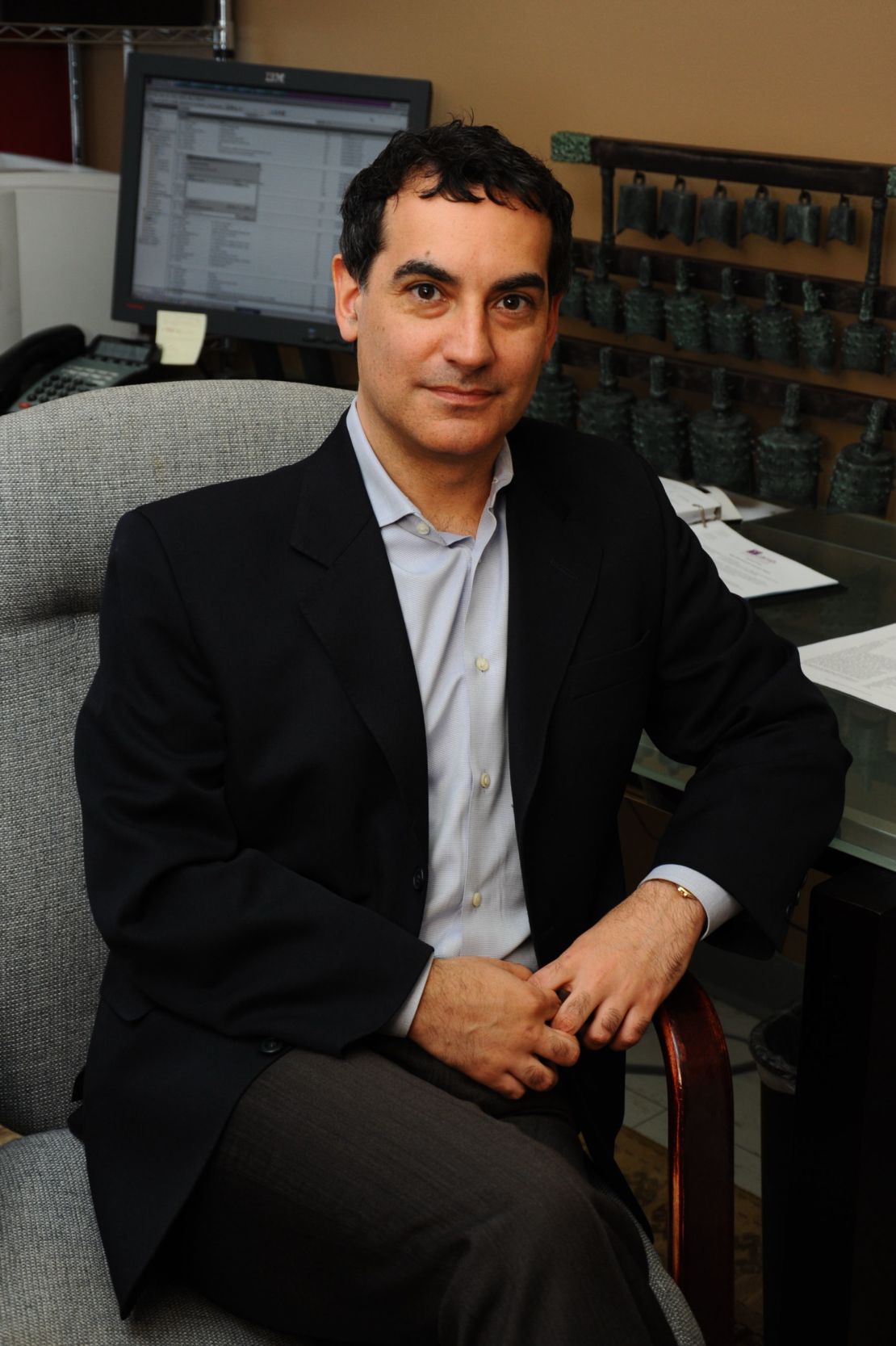Editor’s Note: James Cantor, an associate professor of psychiatry at the University of Toronto, is a psychologist and senior scientist at the Sexual Behaviors Clinic of the Center for Addiction and Mental Health. He is editor in chief of “Sexual Abuse: A Journal of Research and Treatment” and blogs at Sexology Today.
Story highlights
James Cantor: In Sandusky case, a central element that has been overlooked is pedophilia
Cantor: One cannot choose to not be a pedophile, but one can choose to not be a child molester
He says recent studies suggest that biology plays a crucial role in sexual attraction
Cantor: We can help pedophiles by developing efforts aimed at counsel and prevention
One cannot choose to not be a pedophile, but one can choose to not be a child molester.
As details of the accusations of sexual abuse emerged from the Jerry Sandusky trial, and as the public looks on with horror, a central element to the case that has received scant attention is pedophilia itself.
“Pedophilia” was long used as a synonym for “child molestation,” and both were often seen as psychological failures of self-control. Child molesters were thought to be acting out their own histories of abuses, reacting to fears of adult relationships, or manifesting a symptom that might be resolved in psychotherapy, after which they would no longer be pedophilic.

Recently, however, a number of studies have starting changing that view. It appears that one can be born with a brain predisposed to experience sexual arousal in response to children.
Pedophilic men have significantly less white matter, which is the connective tissue that is responsible for communication between different regions in the brain. Pedophiles perform more poorly on various tests of brain function, tend to be shorter in height and are three times more likely to be left-handed or ambidextrous (characteristics that are observable before birth). Although nonbiological features may yet turn up to be relevant, it is difficult, if not impossible, to explain the research findings without there being a strong role of biology.
No one has been able to find a way to change pedophiles into nonpedophiles. But that does not mean we cannot prevent child molestation. Sexual preference for children doesn’t have to result in actual sexual behaviors toward children.
Cases of child molestation that involve long strings of victims over the course of years illustrate what can happen when someone gives in to, or outright indulges, his sexual interests, regardless of its potential damage on others. It is those cases that dominate headlines and provoke revulsion toward pedophiles.
But they are rare. An untold number of cases merit sympathy.
The science suggests that they are people who, through no fault of their own, were born with a sex drive that they must continuously resist, without exception, throughout their entire lives. Little if any assistance is ever available for them.
They are often unable to consult mental health professionals (because of mandatory reporting rules); their families will often disown rather than support them; and despite the openness of the Internet, there are few options for coming out and joining communities of other pedophiles for mutual support.
Having encountered thousands of cases, it is my experience that the pedophiles who do go on to become actual child molesters do so when they feel the most desperate. Yet, much of what society does has been to increase rather than decrease their desperation.
In the United States especially, the great majority of attention is on punitive measures, invoked after the fact. However, the more beneficial social policies may be those aimed at prevention.
The best example of this effort is the Prevention Project Dunkelfeld in Germany, supported financially by private donation. It began with a media campaign aimed at people struggling to resist their sexual interests to children. By offering counseling and other services, it is expected that they can remain offense-free. Hundreds of people contacted the Dunkelfeld project after it was established. People from all over the world, including Austria, Switzerland and England, turned to the assistance.
Another example is the Circles of Support and Accountability, which was developed in Canada. The programs are staffed by volunteers who have received training from professionals. They provide support to people who are under no mandate to attend but are nonetheless seeking help to not commit sexual offenses.
It’s too early to tell whether these efforts are effective over the long term, but preliminary reports are encouraging.
Even though very few researchers study the causes of pedophilia, we hope that the scientific community will learn more as new tools and opportunities become available.
If it is the brain’s wiring that ultimately determines who will go on to develop pedophilia, can we detect it early enough to interrupt the process? Until we uncover more information, we will do more good by making it easier for pedophiles to come in for help rather than force them into solitary secrecy.
Follow us on Twitter @CNNOpinion
Join us on Facebook/CNNOpinion
The opinions expressed in this commentary are solely those of James Cantor.



